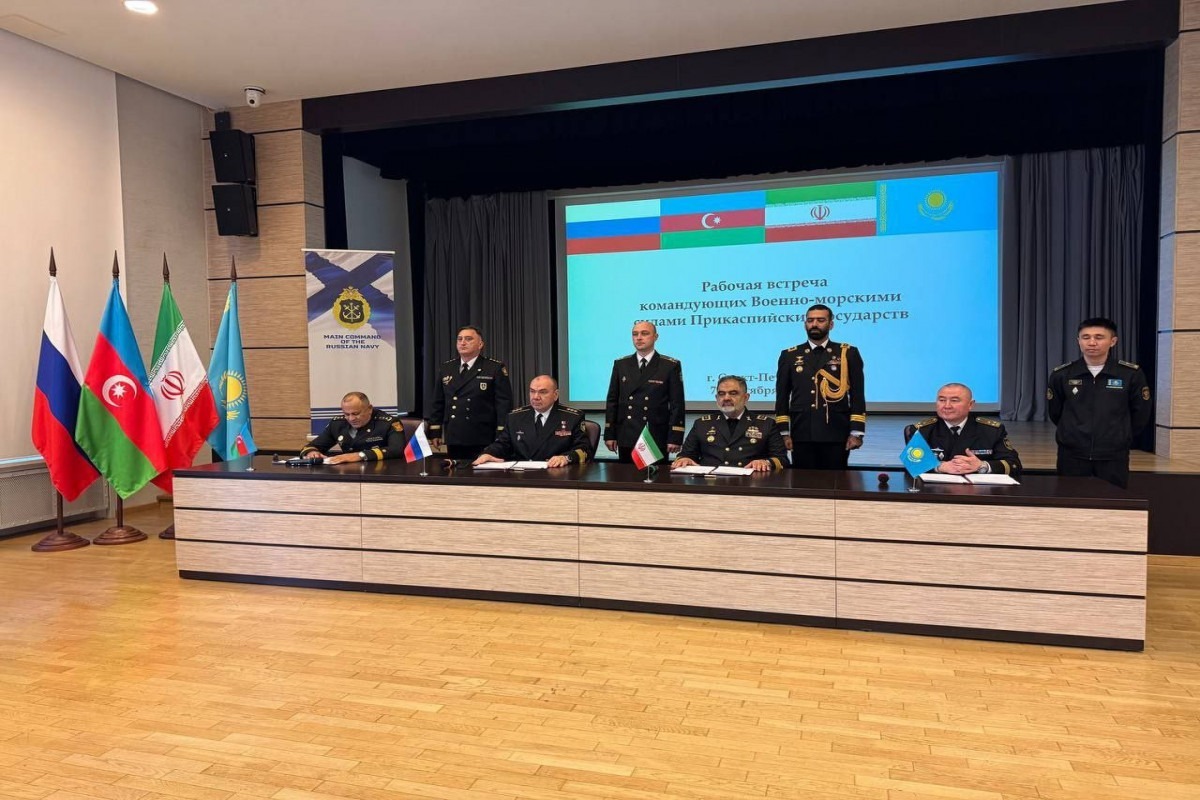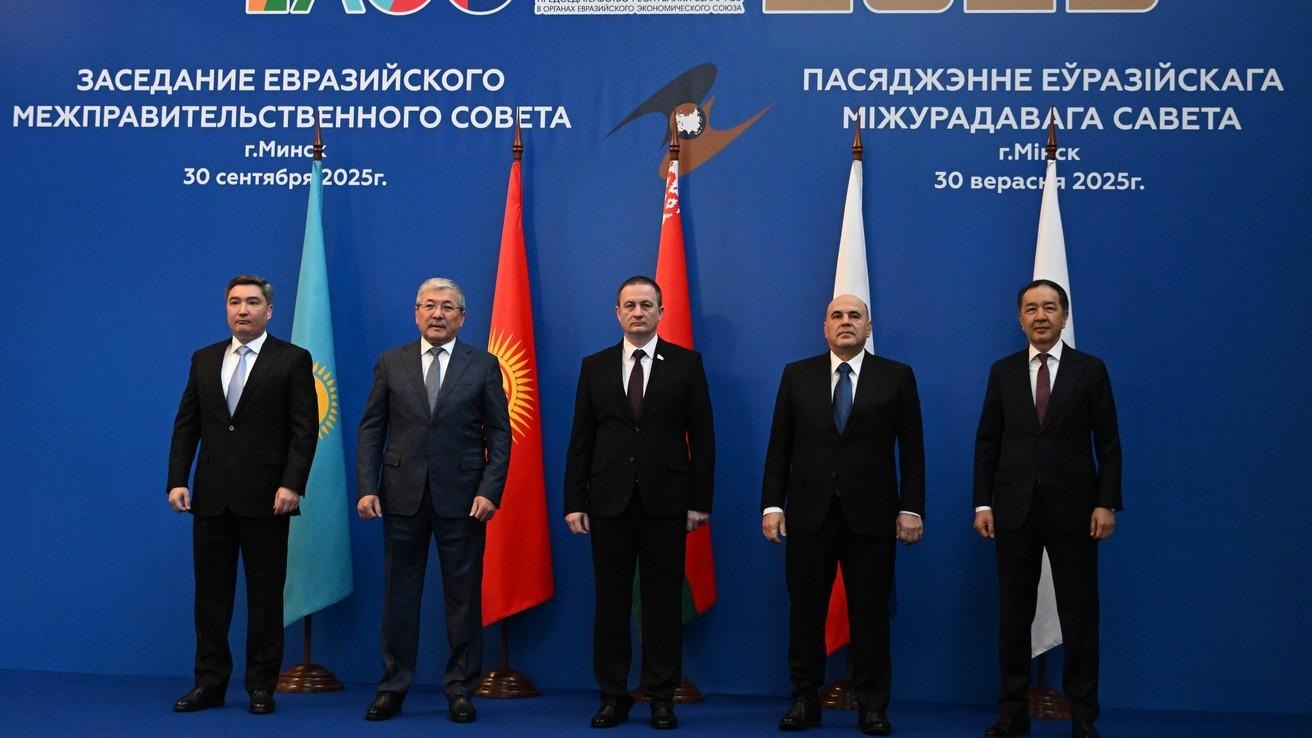
Moscow Pressures Ukrainian Authorities by Stepping Up Passportization Efforts
Moscow Pressures Ukrainian Authorities by Stepping Up Passportization Efforts
On June 9, Russian parliamentarian Viktor Vodolatskiy declared that this year, 600,000–800,000 inhabitants of the unrecognized “republics” on the occupied territory of Ukrainian Donbas will receive Russian citizenship (TASS, June 9). Vodolatskiy is the first deputy chairperson of the State Duma Committee on CIS (Commonwealth of Independent States) Activities, Euro-Asian Integration and Relations with Nationals.
President Vladimir Putin had notably signed a decree, on April 24, 2019, that simplified the procedure for obtaining Russian passports for residents of certain areas of Ukraine’s Donetsk and Luhansk regions. And one week later, on May 1, he added to this category residents of Ukraine born or residing in Crimea before March 18, 2014, as well as their children (Kremlin.ru, May 1, 2019). According to Volodatskiy, more than 180,000 Ukrainians have already received Russian citizenship, and nearly 100,000 additional applications are presently being processed (TASS, June 9).
Expediting and increasing the scale of passport issuance (often referred to, in the context of Russian policies, as “passportization”) raises the danger, according to several experts, that the Kremlin is preparing for renewed armed aggression against Ukraine under the pretext of “defending Russian citizens.” In particular, several Crimean Tatar commentators suggest that the catastrophic shortage of potable water in Crimea might prompt the Russian leader to attempt to capture a land corridor into the Crimean Peninsula (illegally annexed by Moscow in February–March 2014). In the opinion of the director of the Crimean Tatar Resource Center, Eskander Bariyev, the drop in Putin’s popularity because of the coronavirus pandemic might speed up this scenario as it would allow the Kremlin to restore its authority and mobilize the population through external aggression (Krymr.com, June 15). A number of analysts as well as journalists also have expressed concern over this possibility (see EDM, May 21, June 29). And additionally, representatives of Ukrainian security services reportedly believe that the massive granting of Russian citizenship to the inhabitants of certain eastern Ukrainian regions is laying the groundwork for an open attack by the Russian Army (Kyiv Post, June 11).
It is telling that Russian military analysts are predicting a similar scenario. One of the writers on the website Topwar.ru, which is close to the Russian Ministry of Defense, wrote openly that expediting the issuance of passports could make a “Crimean scenario” realistic for Donbass. “It is probable that when the number of Russians in the population of the LDNR [occupied Luhansk and Donetsk] reaches a certain size, a referendum on reunification according to the Crimean scenario will be logical… And who knows, maybe the Kherson region in which the North Crimean Canal begins, or the rest of Donbas will also follow the path of Luhansk and Donetsk,” he contends (Topwar.ru, June 11).
Still, for the time being this is only one possible variant. Similar concerns were voiced immediately after Putin signed a decree on a simplified procedure for issuing Ukrainian passports to Ukrainian citizens. At that time, many experts suggested that the long-term goal of the initiative was to increase political pressure on the Ukrainian government to enter into negotiations on the status of Donbas. Russian political analysts called this decision an “invitation to a dialogue from a position of strength” and a way to pressure newly elected President Vladimir Zelenskyy (Vedomosti, April 24, 2019). Ukrainian experts also underscored that granting Russian citizenship to residents of Donbas is a form of “blackmail and an ultimatum,” but they viewed the variant of an armed incursion by Russia as unlikely (Deutsche Welle—Russian service, April 25, 2019).
Either way, it seems the Kremlin is pursuing a similar goal today. This past spring, during the regular meeting of representatives of Russia and Ukraine under the Minsk Contact Group, Moscow actively lobbied for the return of Donbas to Ukraine on its own terms, via the adoption of constitutional amendments on decentralization, a special status for the Donetsk and Luhansk areas, a general amnesty for all fighters, and the adoption of a special law on local “elections” in the occupied territories (see EDM, March 23). Now, negotiations have been renewed, and the foreign minister of Ukraine, Dmitriy Kuleb, has already declared he is open to talks with his Russian counterpart, Sergei Lavrov, on the situation in Donbas (Regnum, June 14).
Yet another factor is the military readiness of the Ukrainian Armed Forces and Ukraine’s recently acquired status as an Enhanced Opportunities Partner (EOP) of the North Atlantic Treaty Organization (NATO) (see EDM, June 23). According to expert opinion, in case of Russian aggression, this could make it easier for Kyiv to receive sectoral and logistical assistance from the Alliance, including additional lethal weapons and protection of its airspace if Moscow uses aviation (Krymr.com, June 15).
Moreover, one should not ignore the fact that, against the backdrop of the economic crisis, itself intensified by the COVID-19 pandemic, the mass issuance of Russian citizenship to Ukrainians could have a harmful effect on the Russian budget. According to economic calculations from a year ago, should Donbas retirees all move over to the Russian pension system, this would mean additional federal budget expenditures 100 billion–175 billion rubles ($1.4 billion–$2.5 billion) per year (The Bell, April 25, 2019).
Obtaining a Russian passport is also a costly procedure for Donbas residents themselves. According to data from May 2019, the average income for inhabitants of the “Donetsk People’s Republic” (DPR) is 5,000–7,000 rubles ($71–$99) per month. Under these conditions, not everyone is able to save and pay the 7,000–9,000 rubles ($99–$127) required for the registration of Russian citizenship (Svoboda.org, May 5). In addition, Russian passports are issued only to holders of DPR/LPR passports; and as Russian writers point out, the queue for their receipt has been extended until the fall of 2021. Therefore, Moscow’s promise that it will issue a million passports this year does not look particularly realistic.
Nevertheless, all experts unanimously maintain that Moscow’s attempt to accelerate the issuance of Russian citizenship to Ukrainians represents a new round of pressure on Kyiv, regardless of whether it will be carried out diplomatically or militarily.


